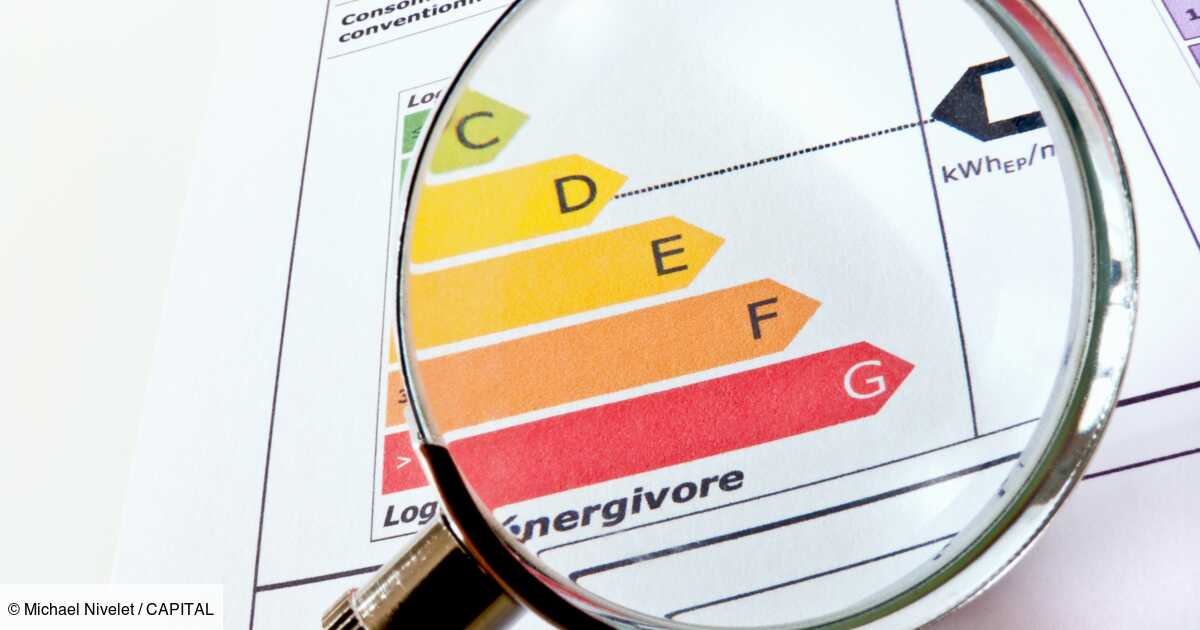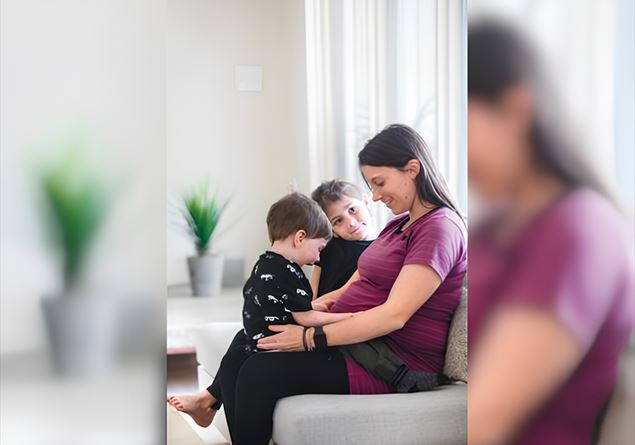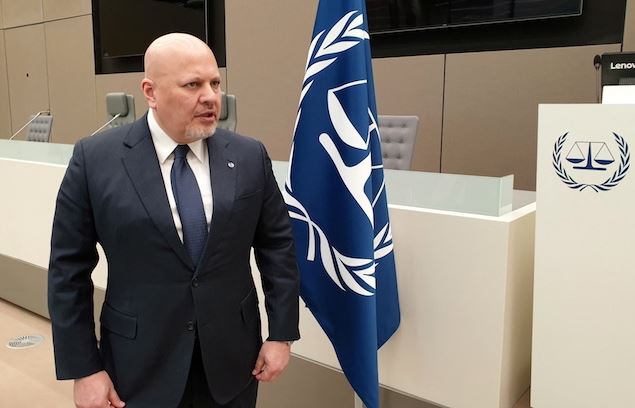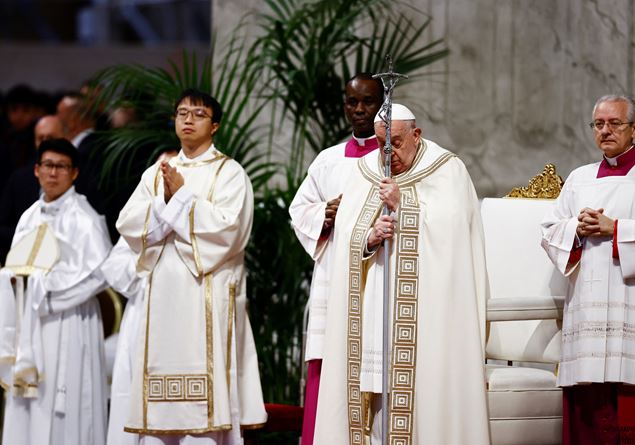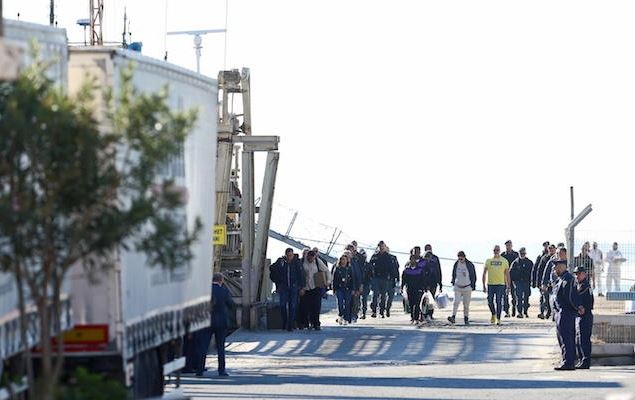
It all started in November 2023, when the two heads of the Italian and Albanian governments signed an agreement with the declared objective of relieving the Lampedusa hotspot, transferring migrants rescued by Italian ships (Navy and Guardia di Finanza not NGOs) in the Mediterranean in two centers built on Albanian territory at the expense of Italy and under Italian jurisdiction but with the collaboration of Albania for security and surveillance.
The two centers have different functions: one at the Albanian port of Shengjin, on the latitude of Bari, is used for disembarkation and identification procedures; the other in the Gjader area, 20 kilometers inland, for the temporary reception of immigrants rescued at sea, on the CPR model. Albania is destined for male migrants who have no particular vulnerabilities, who can apply for asylum, but have little probability of being accepted, because they come from “safe countries”, the only cases which according to European standards can access on request with accelerated procedure (duration 28 days). The operation has generated consensus from those who support the Government, dissent from those who see it as a stretch in terms of rights, but also transversal controversy due to its high costs.
STATE OF ARRESTORATION AND EUROPEAN LAWS
Once they arrive in Albania, transported on the Libra, a military ship of the Italian Navy, they are held in custody, a measure that requires validation by the judge within 48 hours. This is where the first transfer to Albania of 16 Bangladeshi and Egyptian migrants got stuck last October. Four of the sixteen migrants could not remain in Albania because they were vulnerable (two were minors). The others had to return because they were judged to come from countries for which the accelerated procedure could not be applied.
WHICH LAW PREVAILS?
To understand the issue we need to take a step back: first of all we need to know that the rules are not all the same, they have a hierarchy: ordinary laws, decree laws and regional laws have equal rank with each other, but must respect the Constitution which precedes them in the hierarchy, so much so that, once approved, upon appeal by the ordinary judge, if declared totally or partially unconstitutional by the judge of the laws, i.e. the Constitutional Court or Consulta, are repealed in whole or in part.
According to Article 11 of the Constitution, Italy, being part of the European Union, has granted the Union a part of sovereignty and is subject to EU laws, which apply to all EU countries and which serve to standardize their law in certain themes and which judges are required to apply in a binding manner.
The particular procedures for international protection are regulated by directive 2013/32/EU, which establishes, among other things, the situations for which the accelerated procedures mentioned above are possible. One of the requirements states that applications from asylum seekers coming from safe countries can be examined in this way.
THE JUDGMENT OF THE EUROPEAN COURT AND THE ITALIAN DECREE
Precisely regarding the definition of safe countries, on 4 October 2024, a ruling from the European Court of Justice (CJEU) in Luxembourg, whose rulings are directly binding for member countries, clarified that countries of origin that are only partially safe cannot be considered safe for EU states, because they are only safe for some categories of people, excluding others. In case of conflict with domestic law, judges throughout Europe are required to disapply national laws in favor of European law. This is what happened in Italy with the first 12 migrants detained in Albania, coming from Bagladesh and Egypt. The judges’ orders, in this sense, do not enter into the merits of migration policies or even the Albania protocol, they limit themselves to assessing, as they are asked, whether or not there are the legal requirements for the validation of detentions based on European standards.
To overcome the impasse, on 24 October 2024 the Italian Government, after some of its members accused the judges of acting against the Government, launched a decree law to declare 13 countries safe, including Egypt and Bangladeshwith an act which in the regulatory hierarchy is a primary source, i.e. superior to the inter-ministerial decree which first established which countries were safe according to the Italian Government, but in any case on a par with the law and therefore not capable in itself of overriding European law. With the “Safe Countries” Decree, Italy tried to anticipate the direction of a next European regulation announced for 2026, for this reason some Italian judges, requested to validate the arrests after its entry into force, knowing that an internal rule even those of primary rank, in the event of a conflict, must give in to European law, in doubt about how to behave in the meantime – caught between a European law that does not yet exist and an Italian decree that anticipates it – they have appealed to the Court European Union of Luxembourg to understand which law was correct to apply. This is what is happening again in these hours with the other 7 migrants transported to Albania.
Why judges ask the European Court for clarification
Asking the Court for clarification, rather than disapplying directly, which they should do in the event of a conflict, is a guarantee choice to avoid Italy falling into infringement proceduresbut the Government continues to interpret it as a political act against its own decisions. As the judges themselves have clarified, the appeal does not involve a ruling on the requests for validation, but a suspension, which would not, however, prevent repatriation in the event that the application for international protection was rejected.
This fact is generating tension with the judiciary and also with the European Union, also because several civil judges, who also act collegially in this circumstance, have been attacked individually as “adversaries” by representatives of the Government, even on a personal level and some are been subjected to threats and ended up under guard, which could interfere with the serenity of their decisions and those who will have to decide in similar circumstances after them.

